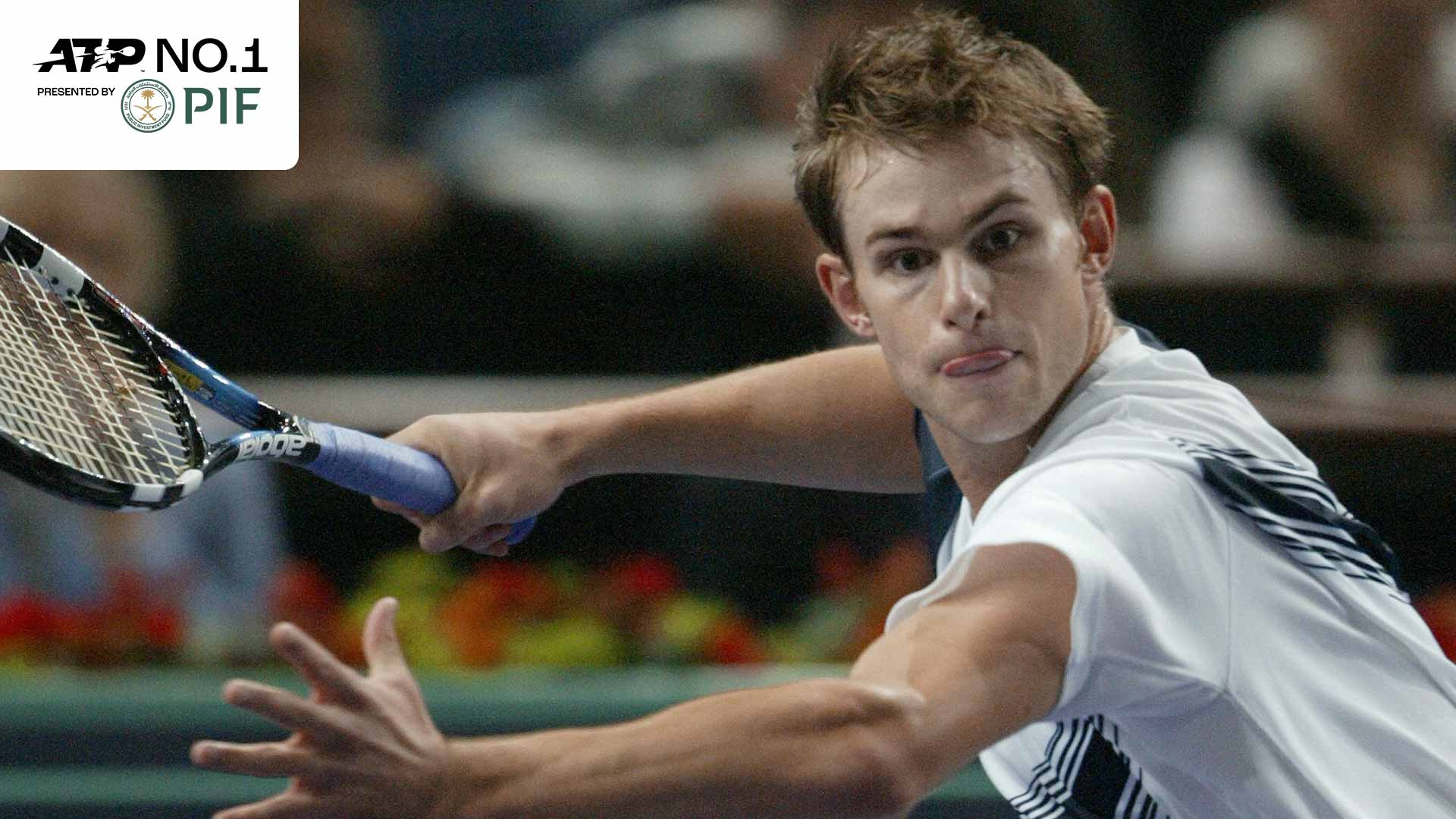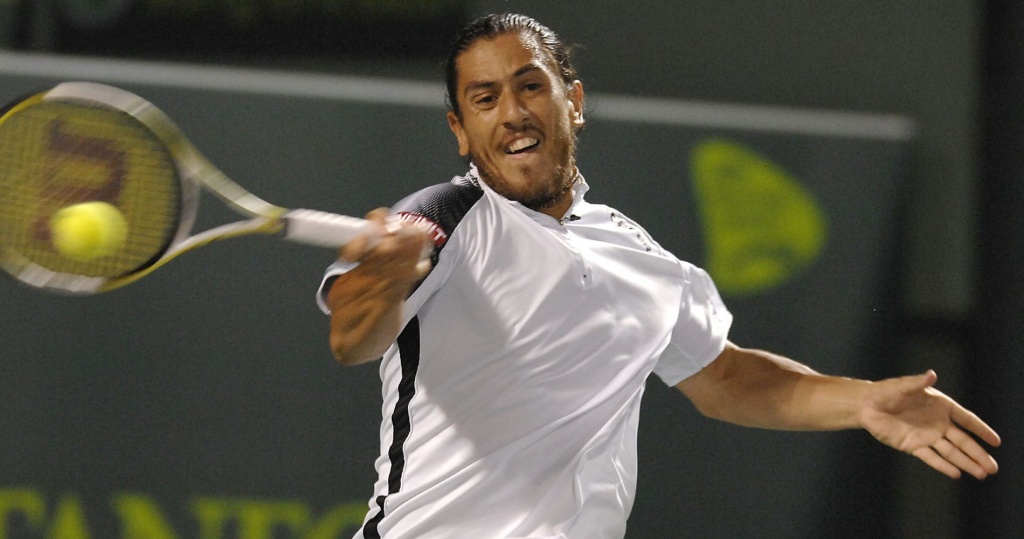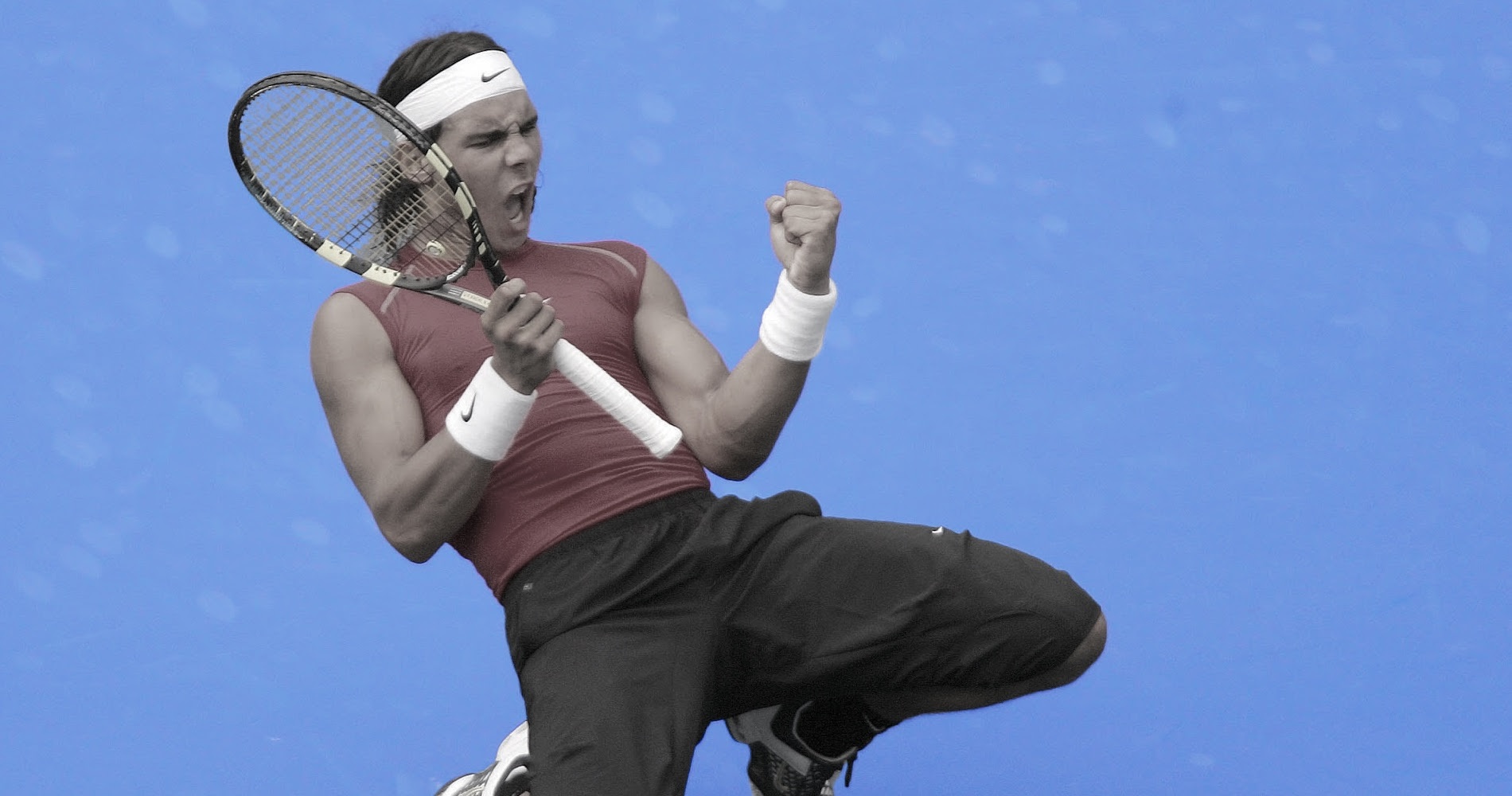Top 5 Youngest Men's Singles Champions in Canadian Open History
The Canadian Open—alternating each year between Montreal and Toronto—has seen its fair share of rising stars, but few moments are as memorable as when young players break through and claim the title.
Winning any tournament right after a Grand Slam like the French Open or Wimbledon is no easy task. It takes exceptional fitness, mental toughness, and world-class skills. But capturing a Masters 1000 title before the age of 22? That’s something truly special. It speaks to a rare combination of maturity, resilience, and fearless shot-making.
These five young men defied the odds and made history, lifting the trophy early in their careers and proving they were ready to take on the best—not just in Canada, but across the entire hard-court season.
Youngest Ever Men’s Singles Champions at the Canadian Open
5. Andy Roddick (2003) – 21 Years, 13 days old

Just into his twenties, Andy Roddick burst onto the scene with his thunderous serve and fearless aggression, capturing his first—and only—Canadian Open title. On his way to the trophy, he battled past Roger Federer in the semifinals and overpowered David Nalbandian in the final, sealing the win with his trademark blistering forehand.
This victory marked more than just a title—it signaled Roddick’s arrival as a serious threat on hard courts. Not long after, he would go on to win the US Open and rise to World No. 1, but it was in Canada that the tennis world first saw the making of a champion.
4. Guillermo Cañas (2002) – 20 Years, 361 days old

Just days before turning 21, Argentine Guillermo Cañas made a remarkable run to the 2002 title, showcasing incredible resilience. Along the way, he defeated some of the biggest names in the game—Yevgeny Kafelnikov, Marat Safin, Tommy Haas, and then capped it off with a straight-sets win over Andy Roddick in the final.
That victory in Canada remains the only Masters 1000 title of Cañas’s career and stands as the highlight of his time on the ATP Tour.
3. Novak Djokovic (2007) – 20 years, 82 days old

At just 20 years old, Novak Djokovic made headlines with a stunning run at the 2007 Canadian Open, capturing his first-ever Masters 1000 title. Along the way, he pulled off an incredible feat—defeating Andy Roddick, Rafael Nadal, and Roger Federer in back-to-back matches.
That breakthrough performance wasn’t just impressive—it was a clear sign that a future legend had arrived. Djokovic’s mental toughness and fearless play turned heads and laid the foundation for his rise to the top of the sport.
Over the years, the Serbian star has gone on to win the Canadian Open four times. However, he hasn’t competed at the event since 2018, partly due to the demanding ATP calendar.
2. Rafael Nadal (2005) – 19 Years, 221 days old

After conquering Roland Garros, Rafael Nadal made a powerful statement on hard courts with his breakthrough win in Canada. At just 19 years old and seeded #1, Nadal stunned the tennis world by defeating legends like Andre Agassi in the final. He became the second-youngest champion in tournament history—and the youngest of his decade—to lift the trophy.
This wasn’t just a title; it was a turning point. Nadal proved he was far more than a clay-court specialist—he was built for greatness on all surfaces. That 2005 Canadian Open win marked the beginning of a dominant run, as Nadal would go on to win the tournament five times and solidify his place among the all-time greats in Masters 1000 history.
1. Michael Chang (1990) – 18 Years, 157 days old

Michael Chang still holds the record as the youngest man to win a Grand Slam title, capturing the French Open in 1989 at just 17 years, 3 months, and 7 days old. Although that historic victory came before the ATP Tour officially launched in 1990, Chang had already claimed four titles by then. His first title of the ATP Tour era came at the 1990 Canada Masters, where he showcased his signature grit and relentless defensive play.
In Toronto, Chang battled through a tough draw. He edged out top seed Andre Agassi in a hard-fought quarterfinal, 4-6, 7-5, 7-5. In the semifinals, he staged another comeback, this time against fifth seed Pete Sampras, winning 3-6, 7-6, 7-5. Then, in a thrilling final, Chang defeated fourth seed Jay Berger 4-6, 6-3, 7-6 to claim the championship.
Cover Credits - Tennis.com


.png)


Leave a Reply